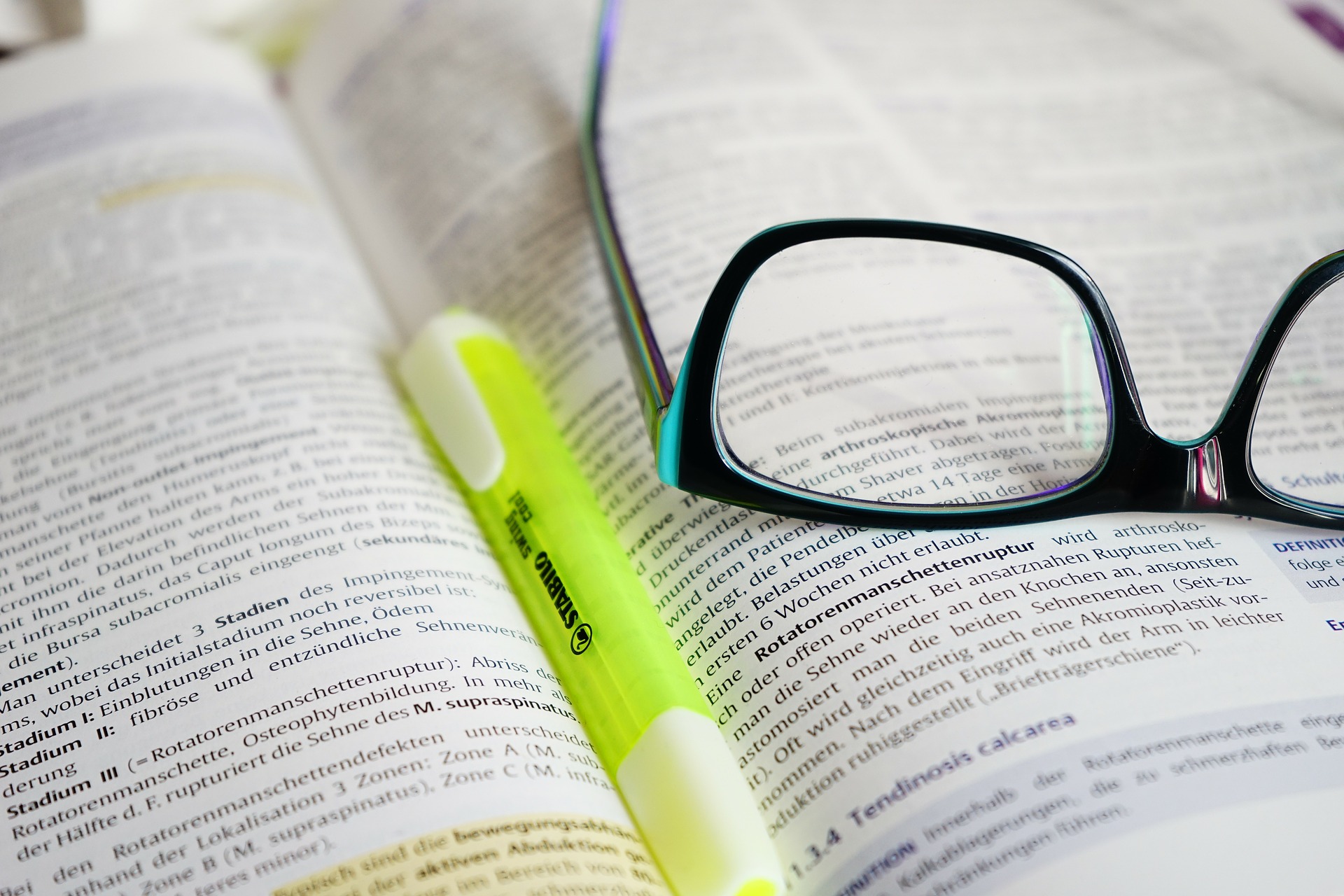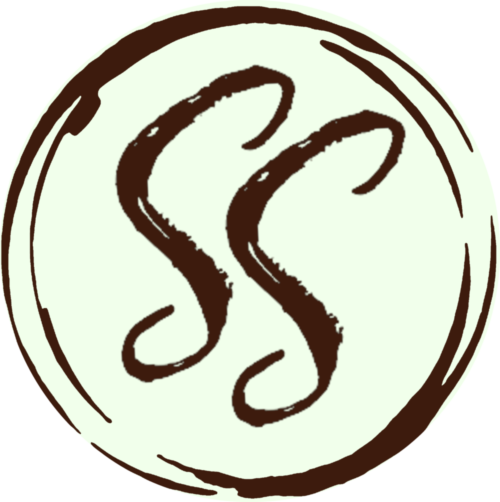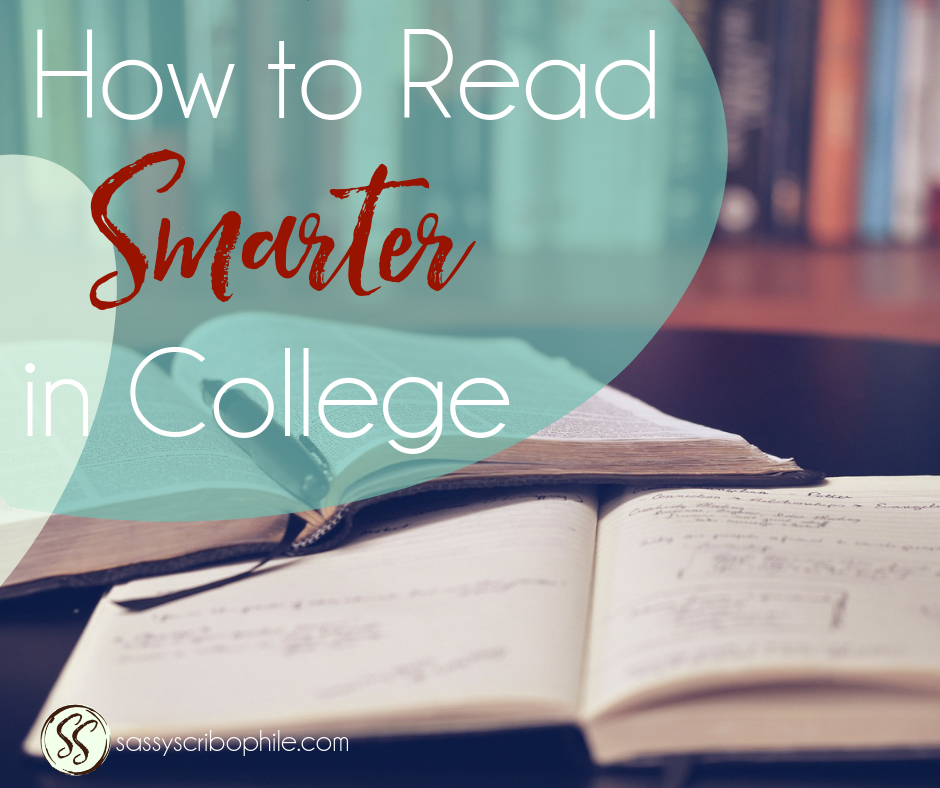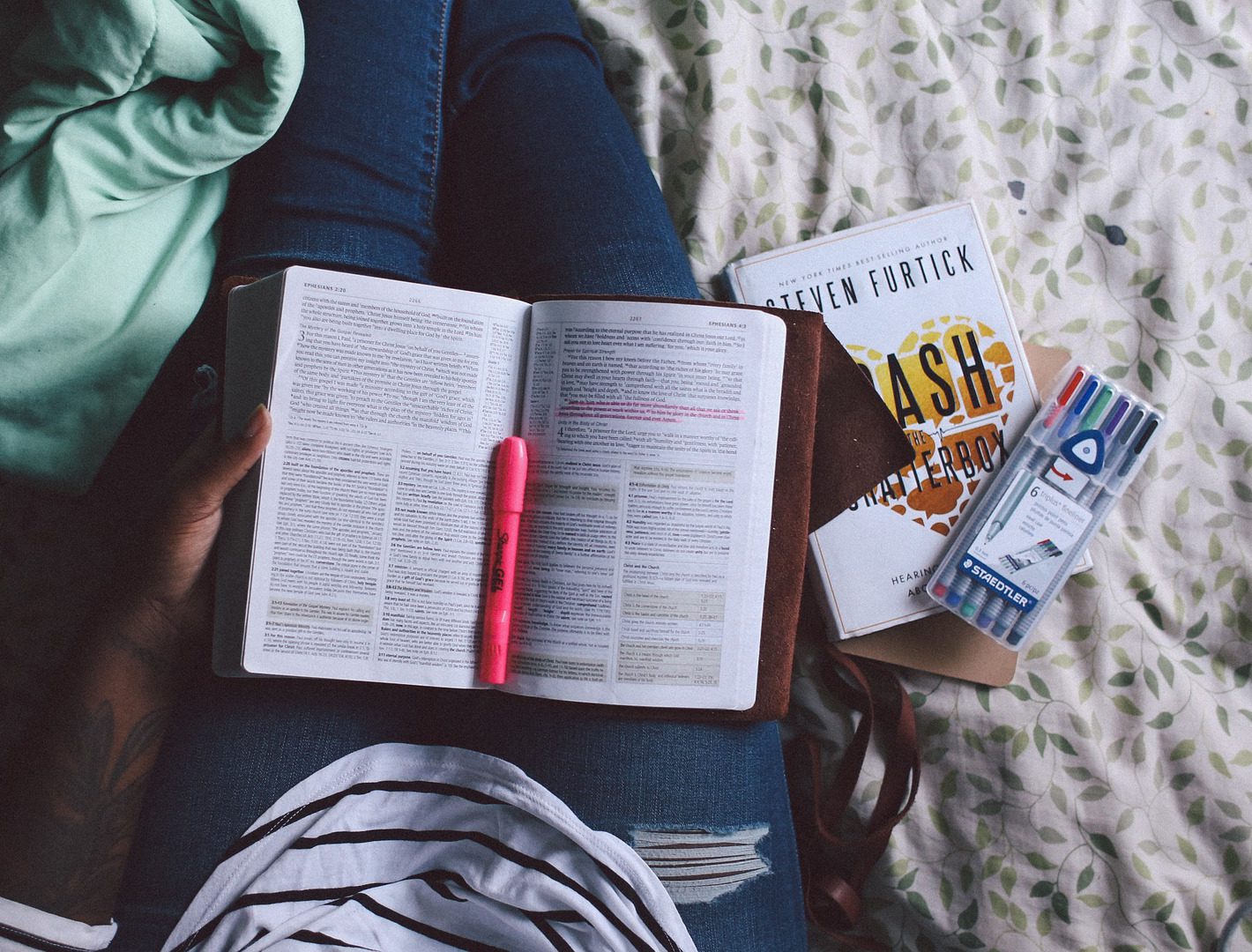Reading for class doesn’t have to be torture – read smarter!
When starting a college class, you quickly find that you’re supposed to read. A LOT. This can be scary at first. You’re coming from high school where you had plenty of time to read small chunks from a book. In college, you’re expected to read 60-page chapters before each lecture! I’m here to help you read smarter in college classes.
When will you find the time? How will you remember any of it? How do you use it to prepare for class? By the end of this post, you should be able to answer those questions.
Types of texts you’ll read
First, check with your prof about whether you need the book. Some of them have to list a text, but will only be testing you on class notes. Usually, during the intro class, they will let you know if you’re responsible for the text or not.
Of course, you have to decide if the class is just a grade or something you really want to understand. You’ll learn the subject the best if you’re exposed to all suggested material.
If you do have to read, you have to know what type of text you’re reading. A textbook is treated very differently than a poem, which is different from a journal article. They are not all equal in how you handle them. Keep reading to find out how.
Textbooks
For most of your classes, you’ll be reading from a textbook, which is meant to inform and teach. There may be objectives at the start of each chapter and review questions at the end. These are there for a reason, and you should learn to use them.
We learn best when going from the general to the specific so just diving in and starting to read is not helpful. Get an overall feel for what you’ll be reading.
First, you should scan the chapter. Check out all the section headings & subheadings, and look over any charts/diagrams. Use the headings and subheadings to make a list of questions. You will answer those questions as you read.
Pick out bold or italicized words and phrases. Make sure you understand them.
While you read, write down the answers to the questions you developed. Here’s the kicker: you don’t have to read every word! No one has time for that anyway. You skim the info.
When you come to something that seems important, you can slow down and read carefully. Use this method to answer your questions, too. This is also good information to highlight.

A note on highlighting:
DO NOT highlight everything! That defeats the purpose. Stick to highlighting key info/facts. Try to think of what might be on a test, or what helps you understand a concept. No more than 20-30% of your text should be highlighted. Using multiple colors can be helpful if you have a color-coding system that works.
You can go one step further by using notecards to write down what looks important. These can be flashcards for later review. This also offers the added benefit of hand-writing what you need to learn. Another step to understanding is to write a summary of the chapter.
Within 24 hours of the end of class, you should go over the questions you answered and/or your notecards.
An even deeper step to understanding the subject is to check into the references given in the book. This may lead to other books, journal articles, etc.
Journal/scientific article
There are some similarities to reading a textbook and reading a scientific/journal article. Namely, skimming and pulling out relevant info. However, what you pull out is completely unique.
There are several sections to a scientific/journal article:
- Abstract: a brief summary of what’s in the article
- Introduction: gives the topic or problem the authors researched and their thesis
- Charts, Graphs, and Equations: based on the research data
- Methods: how the experiment was conducted
- Results: the actual data and findings
- Discussion: of the research findings
- Conclusion: usually a summary of what was learned from the research
If you’re asked to read an article just to be exposed to what’s going on in the research, it’s usually enough to read the abstract and maybe the conclusion.
You can worry about the other sections if the prof really wants you to understand what happened in certain research. At that point, you will employ the skimming method. Again, you don’t have to read (or memorize) every word!
Literature
I’ll be honest, reading literature is not my forte. In general, you read literature for entertainment and to connect to larger truths in a given society. For college reading, you’ll be asked to look for symbolism, links to those larger truths, and the themes of a given story. For tips, check out Vanier College’s Tips For Reading Literature.
Conclusion
You’ll mainly be reading textbooks, scholarly articles, and literature in college. Each type requires a different kind of treatment. For textbooks and articles, you don’t have to read every word! Knowing this can mean you CAN read what you need to for class without feeling overwhelmed.


